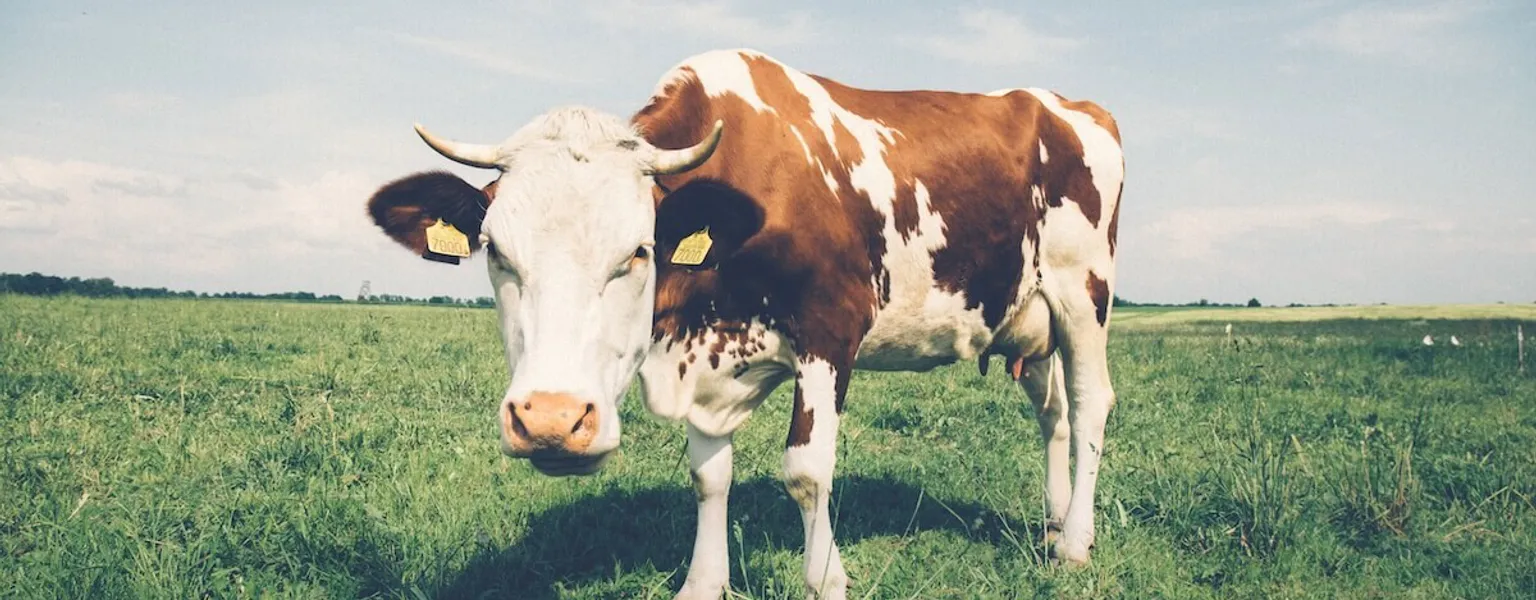Switzerland introduces animal welfare labelling for food products

Sustainability
As of 1 July, new labelling requirements have come into effect in Switzerland for food products of animal origin. Under recently adopted federal ordinances, labels must now indicate whether any part of the production process involved practices considered painful to animals — particularly where procedures were carried out without the use of anaesthesia or stunning.
The regulations apply to products such as meat, milk, eggs, and foie gras. Consumers are to be given clearer insight into how animals were treated, with labels disclosing whether procedures such as castration or dehorning in cattle, and tail docking, teeth clipping or castration in pigs, were performed without pain relief. The same applies to the cutting of frogs’ legs without anaesthetic.

Foie gras is included in the new measures. Although force-feeding of geese and ducks has been banned in Switzerland for more than four decades, the country continues to import foie gras from abroad. While the Swiss government has opted not to support a proposed ban on these imports, the new labelling requirement is intended to address public concern by increasing transparency around how such products are produced.
The obligation applies across all sectors where relevant goods are sold or served, including restaurants, independent retailers, and grocery stores. Businesses must assess whether the products they offer are subject to the declaration rules, in line with self-monitoring provisions.
According to the federal authorities, the aim is to give consumers better access to information, helping them make more informed choices. A transition period of two years has been granted to allow businesses time to comply with the new requirements.
Related News
-
Sustainability
Makro uses 'Life Extending Stickers' to guide consumers towards less food waste
-
Business
Industry coalition urges EU to rethink approach to waste sorting labels
-
Business
Texas bill could mandate warning labels on popular snack packaging
-
Business
FDA extends comment period for proposed front-of-pack nutrition labelling rule
-
Business
Labels – EPR’s secret weapon




